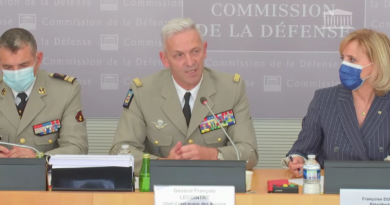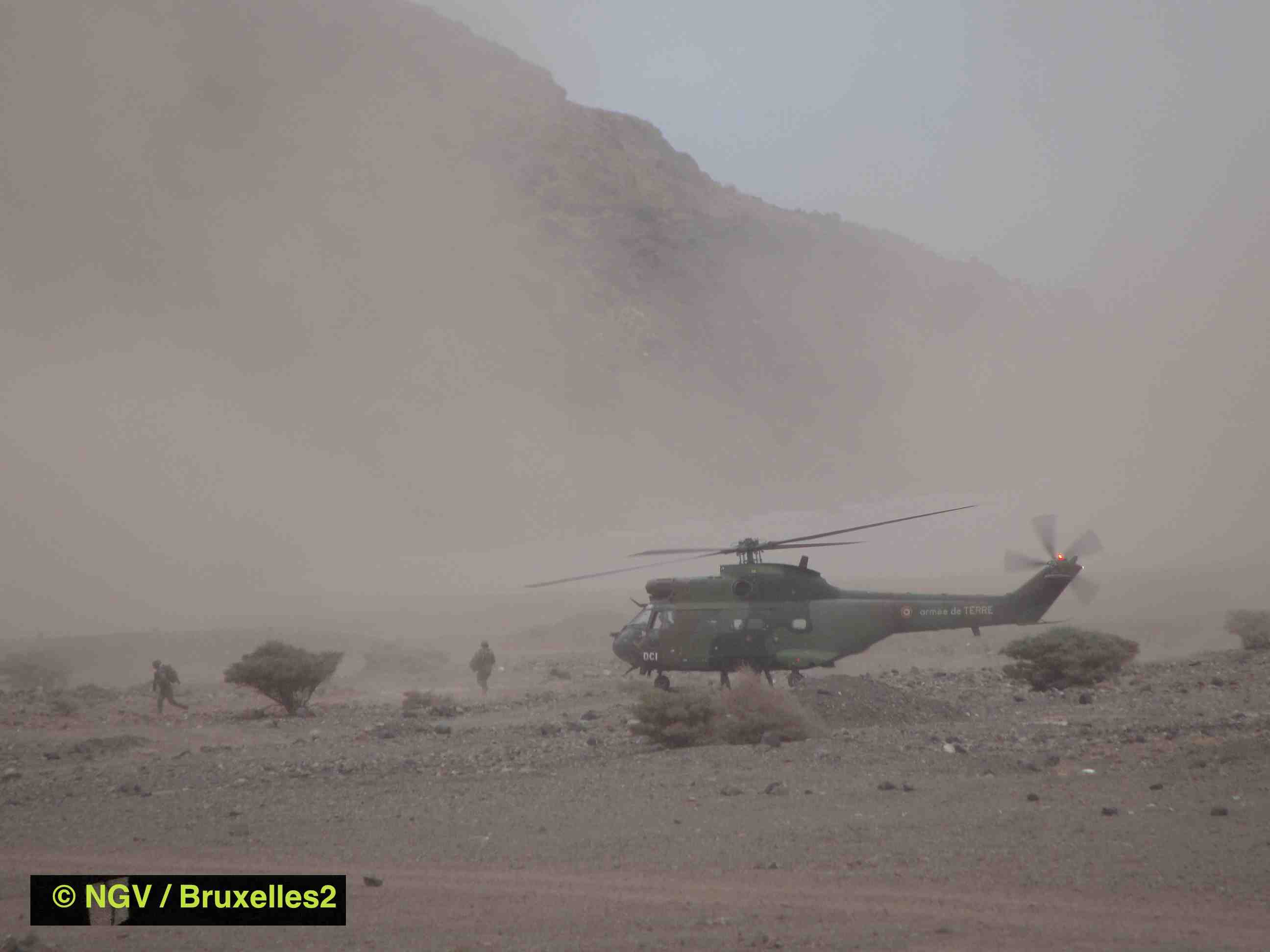How do Belgians decide on civil-military operations?
 (BRUSSELS2) This booklet is recommended to be read in order to fully understand the Belgian conception of civil-military operations, which is deeply rooted in the development of a European defense policy as well as in a multilateral organization such as NATO. It also allows us to understand how a Belgian government, in "current affairs", can involve the country in an operation like the one carried out in Libya by NATO (Unified Protector). Belgium is, in fact, one of the first, and one of the only allies of the EU - alongside the French and the British - to have authorized its F-16 planes to carry out strikes on the territory of Libya.
(BRUSSELS2) This booklet is recommended to be read in order to fully understand the Belgian conception of civil-military operations, which is deeply rooted in the development of a European defense policy as well as in a multilateral organization such as NATO. It also allows us to understand how a Belgian government, in "current affairs", can involve the country in an operation like the one carried out in Libya by NATO (Unified Protector). Belgium is, in fact, one of the first, and one of the only allies of the EU - alongside the French and the British - to have authorized its F-16 planes to carry out strikes on the territory of Libya.
After having approached the theoretical framework, the authors describe the main actors which are the federal government, Foreign Affairs and Defence. More "peripheral" actors, such as the Royal Palace, the Federal Parliament, political parties and the media, however, play roles that can explain the decision or refusal to participate in operations. After setting the institutional scene, the authors highlight the places of conflict resolution and the interactions between the multiple actors in the decision to take part in the operations and in their preparation.
Commitment in operation: prerogative of the executive and role of the Kern
In Belgium, commitment to an operation essentially depends on the executive. " Parliamentarians do not have the legal capacity to prevent an operation from being launched by the government executive. Prior parliamentary consent is not required. (...) In all cases, decision-making is only submitted to Parliament for advice or information, the political decision resting with the government. However, Parliament's tacit agreement is important. We can also specify that this assent is exercised indirectly within the Kern - the restricted interministerial committee which brings together the main components of the majority. And inside the Kern, the triangle made up of the Prime Minister, the Ministers of Foreign Affairs and Defense is essential. The triangle of the Verhofstadt government (with A. Flahaut and L. Michel) converged on European defence. The current Leterme-P. De Crem-S. Vanackere remains one-colored of their political party (CD&V).
The role of the King should not be neglected
De jure, commander of the armed forces (article 167§2 of the Constitution), the King is no longer the "effective" commander but the head " eminent “, write the authors. Today he exercises more of a influential judiciary ", the King is the " first adviser to the government said Wilfried Martens. He still has a "Military House" in charge of defense policy. And Albert II regularly defended " the need for a common foreign and security policy ».
• "The Belgian decision-making process in terms of civil-military operations"; V. Moyse, A. Dumoulin, Crisp, weekly mail n° 2086-2087, 64 p., February 2011



